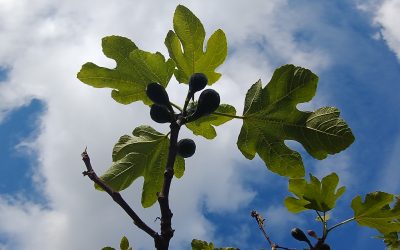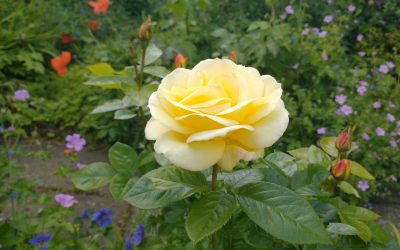I’ve been reading the ‘Childhood Memories’ (published 1958) of Giuseppe Tomasi de Lampedusa, the Sicilian aristocrat and author of ‘The Leopard‘, an award-winning Italian novel published posthumously and later made into a film starring Burt Lancaster.
Lampedusa’s memoirs concern life in his family’s Sicilian home – or homes – at the start of the 20th century. Not so long ago as the crow flies, perhaps, but some of his descriptions seem to belong to another age altogether. Was it really only last century?
Here are a few of the innumerable descriptions that struck me. The first is a recollection of 1900, when Lampedusa was three years old:
‘I remember how in the evening of that same day, at about 7.30, while I was in my grandparents’ dining room (I often sat with them when they dined, since it was earlier than my own mealtime)’ ….
The second concerns the dining room:
‘I’ve forgotten to describe the dining room at Santa Margherita, which was peculiar for many reasons, above all for the fact that there was one. I believe it’s very rare in any eighteenth-century house to find a room expressly designed for dining in: in that period meals were taken in any room, and the room where one dined changed all the time, as indeed is my habit today’.
He recalls a journey by train to one of the family’s country houses:
”At that time trains had no corridors, and therefore no toilets: when I was a very little boy, an ugly brown ceramic chamberpot, bought especially for the journey, would be brought along for me and thrown out of the window before the train reached its destination. The ticket collector did his rounds gripping on to the outside of the train: at a certain point his braided cap and black-gloved hand would suddenly appear in the window.’
Finally there’s a description of a picnic excursion to yet another of the family’s country homes:
‘Our cooks had set out from Santa Margherita at 7am and already had everything prepared. When the boy on lookout announced our approach, the dishes containing the memorable timbali di maccheroni alla Talleyrand would quickly go into the ovens so that when we arrived there was barely time for us to wash our hands before going out onto the terrace, where two tables had been laid for us. Under an unsweetened papery crust of puff pastry, the pasta in the timbales was glazed with the lightest of sauces and steeped in the flavours of ham and truffles cut into match-thin strips.’
It reminded me of Bob’s [Robert Philip’s] remark about his first experiences of listening to historical recordings – for example of Elgar conducting his own music. The orchestra’s sound and style were surprising, although only half a century had elapsed since the recordings were made. As Bob said: if the sound of only 50 years ago was unguessably different, how much more so must have been the sound of Bach’s era, or Mozart’s or Beethoven’s?




‘The Leopard’ is one of the greatest novels I’ve read; described as the author’s only in that genre, I thought that meant there were no other books by him. Of all places to learn of these ‘Childhood Memories’ — thanks!